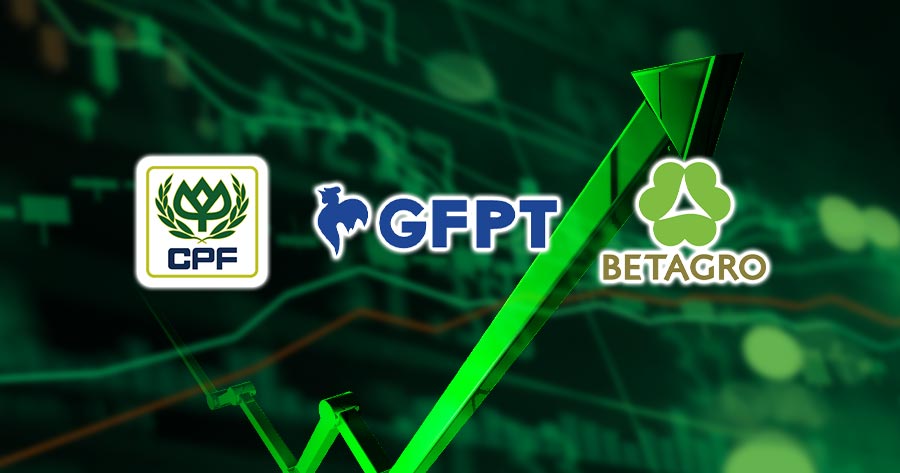CGS International (Thailand) Securities (CGSI) stated that the implementation of U.S. tariffs has stirred concerns among Thai food exporters, but the effects vary widely across the sector. Company-specific exposure to North American markets acts as a differentiating factor, leading to diverse outcomes.
Among the companies facing negative consequences, Thai Union Group (SET: TU) stands out. With a significant reliance on the U.S. market where it secured 39.4% of its total revenue in 2024, TU is set to feel a notable impact. Yet, only 15-20% of its exports originate directly from Thailand, potentially softening the blow. On the other hand, i-Tail Corporation (SET: ITC) could stand on shakier ground, with half of its revenue in 2024 derived from the Americas (including the US, Canada, Brazil, and others), putting it more at risk from tariffs.
Conversely, CGSI noted that other players in the market are encountering limited repercussions. Charoen Pokphand Foods (SET: CPF) emerges largely unaffected, as the U.S. accounts for less than 0.5% of its export market. Similarly, GFPT enjoys a buffer thanks to its strong foothold in markets like Japan, the EU, China, and the UK. Betagro Public Company Limited (SET: BTG) also remains shielded, with its primary export venues being the UK, the EU, Japan, Hong Kong, Singapore, and China.
In a broader industry perspective, the Thai broiler and swine sectors seem resilient to U.S. market disruptions, as their exports do not heavily rely on U.S. demand. This diversification in export destinations provides a layer of protection amid tariff-induced uncertainties.





